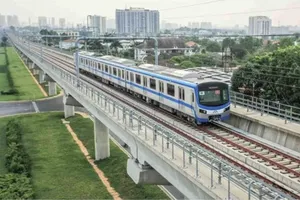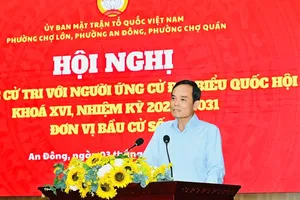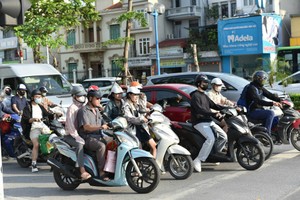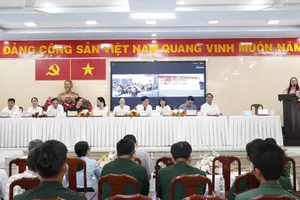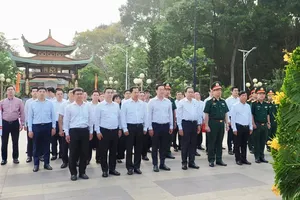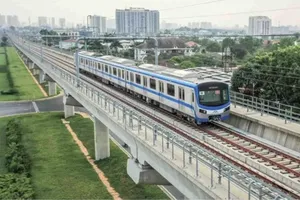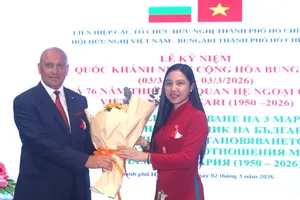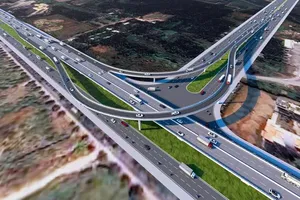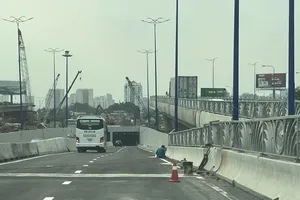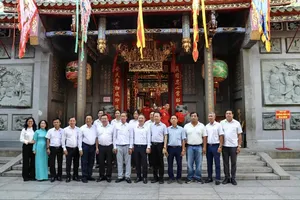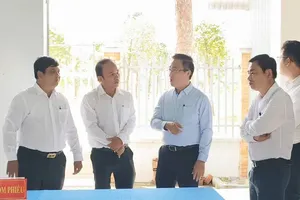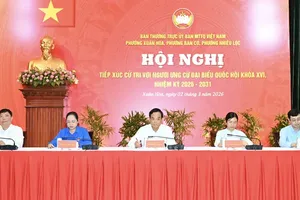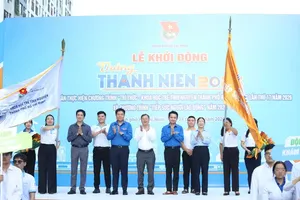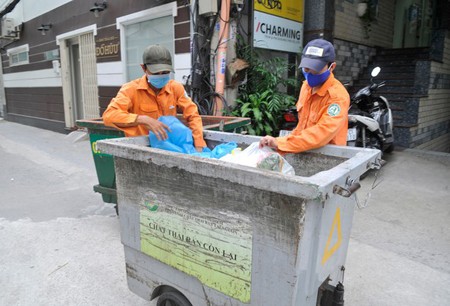
At the moment, the total amount of solid waste collected in the city reaches 9,500 tonnes per day. This volume is distributed to different waste treatment companies like Vietstar Jsc. (2,000 tonnes a day to turn into compost), Tam Sinh Nghia Investment Development Jsc. (1,200 tonnes a day to turn into compost or to burn), and Vietnam Waste Solutions (6,300 tonnes a day to turn into compost or to bury).
Observing the policy of the municipal authorities, these enterprises are establishing waste-to-energy plants. Meanwhile, the city leaders are trying to attract more investment in energy-from-waste incinerators with the capacity of 2,000 tonnes a day.
It is expected that in 2025, the total solid waste treatment capacity of the city can reach 13,500 tonnes per day, 79 percent of which is to harness power via garbage while 15 percent is effectively buried, and the rest is for compost production.
In order to ensure a good source for these tasks, HCMC has adjusted the current 3-type waste sorting into the new one with only 2 types (recyclable and others).
Accordingly, citizens will be directed to sort their own household waste into 2 groups mentioned above. The latter will be collected daily to transport to treatment factories as usual. The former can be sold or presented to collectors. It can also follow the specific plan introduced in each local area.
The People’s Committee of each district will cooperate with private waste collection companies or public utility enterprises to gather waste at flexible time and places. The recyclable will be bought or exchanged for useful items before being carried to authorized waste recycling plants.
At present, the HCMC Department of Natural Resources and Environment is collecting opinions of related units and citizens in all districts for the adjustment of Decision No.12/2019/QD-UBND about solid waste management. It is estimated that in the last quarter of this year, the new document will be released, along with detailed instructions and propaganda materials.
Reports from the Division of Solid Waste Management (under the HCMC Department of Natural Resources and Environment) show that 17 out of 24 districts in HCMC have already united private small-scaled waste collectors into 171 formal companies and 34 cooperatives with proper legal entity (accounting for 80.5 percent). Around 693 out of 2,743 waste collection vehicles have been upgraded.
Other districts are highly encouraged to follow the step in order to ensure successful and sanitary waste collection and sorting. This synchronous action is expected to benefit both the environment and economy of the city as it can effectively reduce state budget for waste treatment.
However, it is also essential to ask for the collaboration of each resident and waste collector in obeying waste policies, while state units have to introduce sensible rewarding and fining rules.
